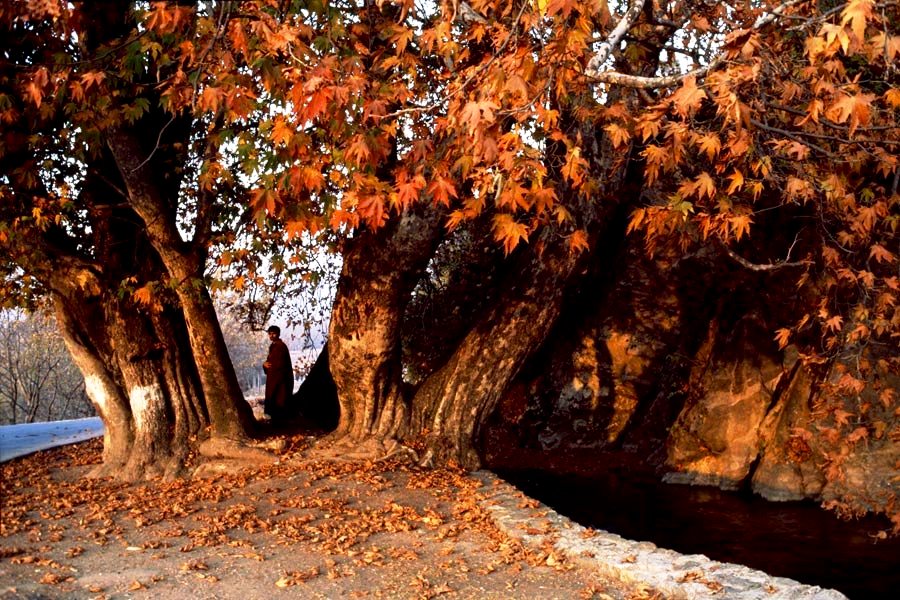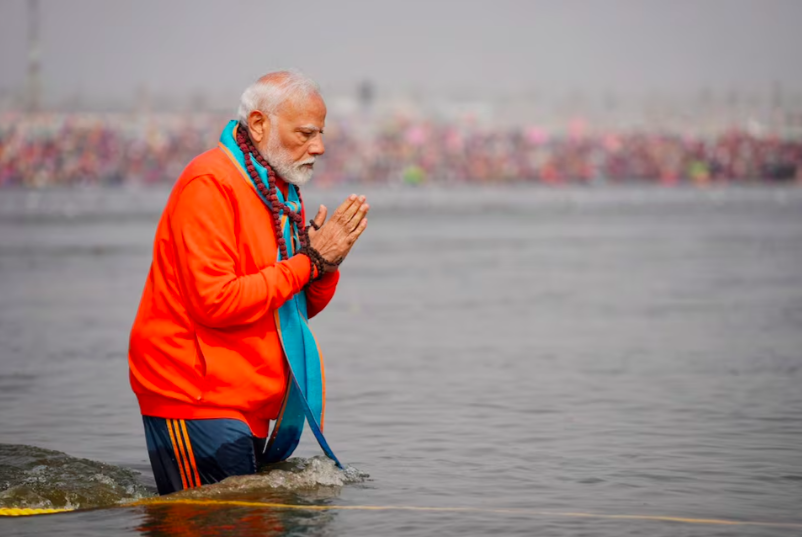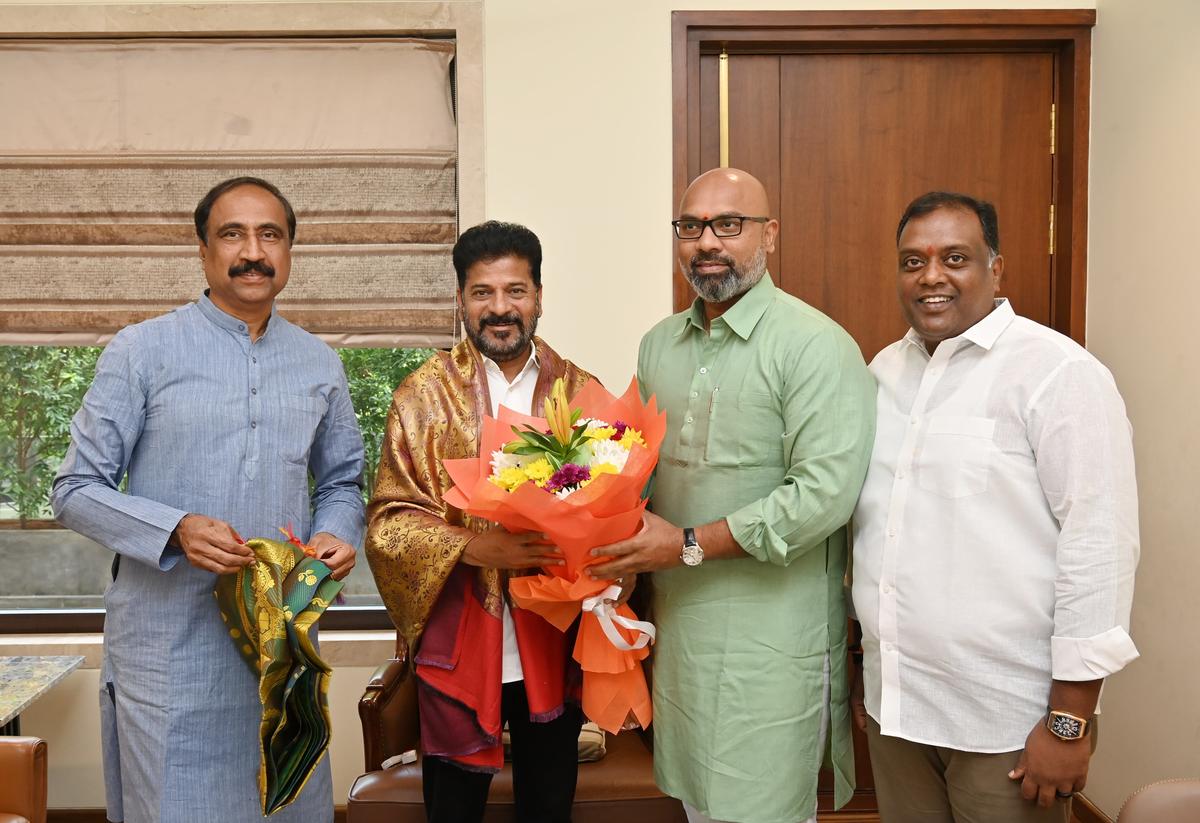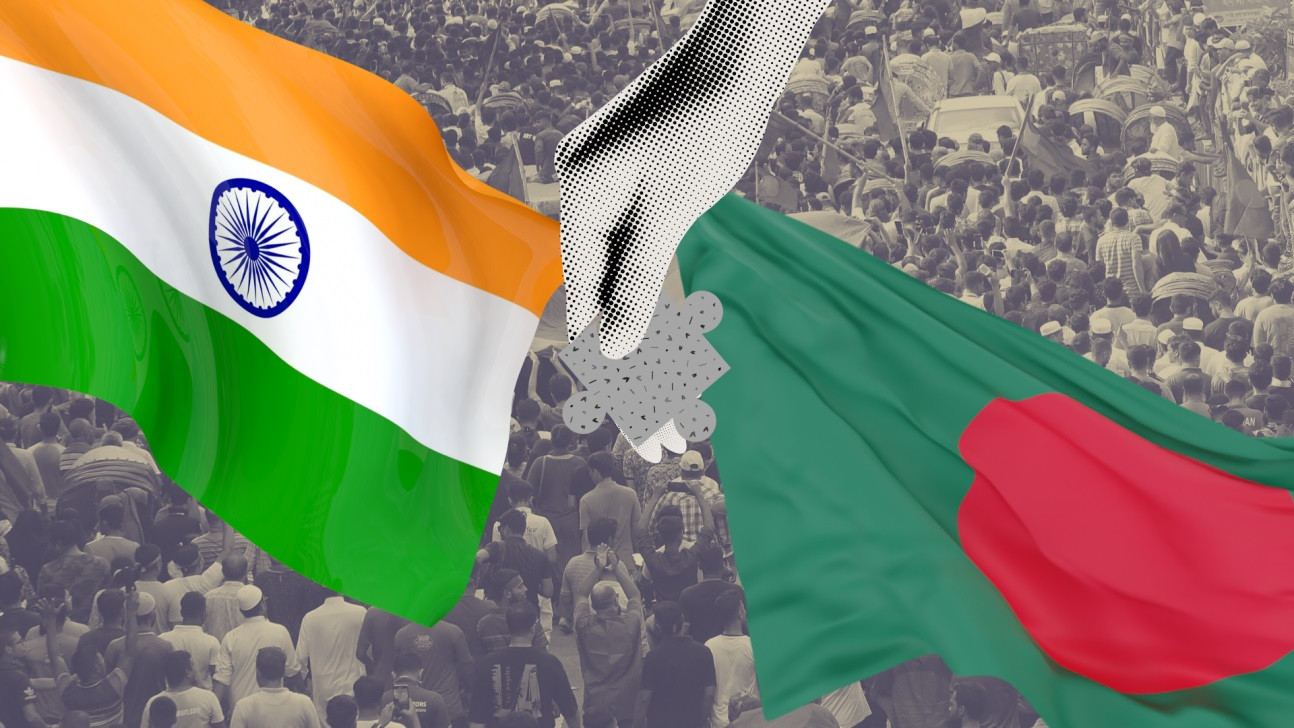Amid reports of a deal between Peoples Democratic Party (PDP) and Bhartiya Janata Party (BJP) over the government formation in the state of Jammu and Kashmir (J&K) and possibility of resumption of dialogue between the two nuclear-armed archrivals, Pakistan High Commission on 19 February 2015 denied visa to PDP leader and party spokesman Naeem Akhtar.
Akhtar was scheduled to visit Islamabad to participate in a Track II level event “Islamabad Dialogue”, that was to be organised under the joint auspices of Jinnah Institute (Islamabad) and Centre for Development and Resolution (New Delhi).
Denial of visa by the High Commissions in New Delhi and Islamabad to each other’s citizens is not a new phenomenon. What makes Akhtar’s case different is the reason given for not granting him visa.
As per media reports in Delhi, Pakistan made it clear that separatist Hurriyat was the true representative of the people of Jammu and Kashmir and granting visa to Akhtar would not reflect the official position.
Now the question is whether it is the real reason behind not issuing visa to a non-Hurriyat leader? If not, then what are the actual intentions of Pakistan?
It seems quite inappropriate on Pakistan’s part to argue that not giving visa to a non-Hurriyat leader reflects their official policy. In the past prominent Kashmiri leaders of other mainstream political parties such as National Conference, PDP, Congress and even BJP were allowed to visit Pakistan, if not frequently then at least occasionally.
There are no takers of Pakistan’s recent move in India including the Hurriyat. Mirwaiz Umar Farooq, the chairman of Hurriyat Conference is stated to have said that more engagement between the people across the ceasefire line is needed.
Thus, it is amply clear that this could not be the main reason behind the denial of visa to the PDP leader. A number of factors seem to have prompted Pakistan to bring Kashmir question into the bigger picture once again.
Firstly, Pakistan is under tremendous pressure at home, especially after Peshawar carnage, to act against the rogue elements and deliver quick results. Pakistan has adopted a 20 point National Action Plan (NAP) to deal with the situation which envisaged among other things to establish special military courts for speedy trial of terror suspects.
Civil society activists, although a toothless minority in a military dominated state, have been holding a series of protest demonstrations to press the establishment to take appropriate measures to address the complicated issue.
Given the complex nature of Military-Mullah-Terrorist nexus in the country and politico-security establishment’s desire to use some of the terrorist outfits as strategic assets to achieve regional objective makes it quite difficult to honestly implement the NAP and produce tangible results.
So, bring to light the Kashmir issue yet another time and “India Threat” could be the best strategy to divert attention from more pressing issues within the country. The recent ceasefire violation at the Line of Control (LoC) and international border could also be seen in this context.
Secondly, Pakistan is very desperate to keep the Kashmir issue alive, especially when international community and United Nations have lost interest in it. Various attempts by Pakistan notwithstanding, the UN has refused to intervene in the matter.
Even the UN General Secretary Ban Ki Moon’s spokesperson in October last, had made it clear that Pakistan and India should resolve all outstanding differences through bilateral dialogue and find out a long-term solution for the Kashmir issue.
International community at present does not take Pakistan’s demand of plebiscite in Kashmir seriously. Almost everyone in Pakistan refers to UN Security Council Resolution dated April 21, 1948, that recommended a plebiscite to decide the fate the Jammu and Kashmir,and blame India exclusively for not implementing it on the ground.
A careful reading of the resolution and Pakistan’s behaviour right from the beginning suggests that it is Pakistan who is more responsible for non-implementation of the Security Council resolution. Article 1 (a) of the resolution recommends Pakistan to withdraw all tribesmen and Pakistani nationals from the State of Jammu and Kashmir. Article 2 (a) states that once tribesmen start withdrawing, India would reduce its forces progressively to the minimum strength required for the support of the civil power for the effective maintenance of law and order. This was to be followed by the plebiscite. There is no ambiguity regarding the fact that as per the UNSC resolution Pakistan was to withdraw completely from the J&K, while India was expected to maintain a minimum force for aiding the civil administration.
Moreover, it was Pakistan that refused to withdraw from the occupied territory. Blaming India all the time for not conducting plebiscite is not fair either. Pakistan is the main wrongdoer behind the non-resolution of the issue.
Thirdly, Pakistan is extremely vexed with the high voters’ turnout in the J&K assembly elections. Around 65 per cent of voters exercised their voting rights in 2014 assembly elections, yet did not give any party a clear majority in the assembly.
PDP emerged as the largest party with 28 seats closely followed by BJP (25), National Conference (15) and Congress (12). The vote percentage reflects people’s desire to handle their affairs themselves through their elected representatives.
Regular, peaceful, free and fair elections in the state strengthen people’s faith in the system and further marginalise separatist voices in the state. A PDP-BJP coalition government in the state would surely be a blow to the separatist forces and would further marginalise them.
Pakistan’s support to Hurriyat and its claim that they represent the people of Jammu and Kashimr should be seen in the same context. Through continued support to the separatist forces, Pakistan desires to prevent their marginalisation and subsequent isolation.
Finally, Islamabad’s recent stand could be seen as a reaction to New Delhi’s unilateral decision to cancel the foreign secretary level talks in August last on the pretext of Abdul Basit, Pakistan’s High Commissioner to India, meeting with Kashmiri separatist leaders.
By recognising Hurriyat as the “true representative” of the people of Jammu and Kashmir, at a time when India climbed down from her earlier position and agreed to send Foreign Secretary S. Jaishankar to Islamabad, Pakistan wants to convey New Delhi a message that it too could use pretexts to stall dialogue.
(The author is a Doctoral Fellow at Centre for South Asian Studies, Jawaharlal Nehru University, New Delhi and is an expert on Indo-Pak affairs. The article was first published at http://liveindia.in/)









